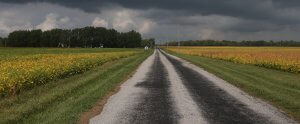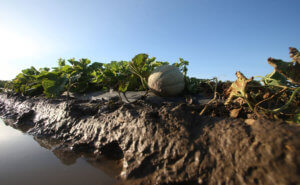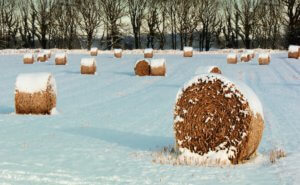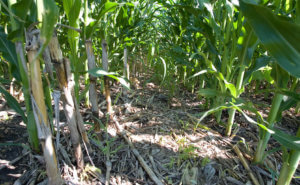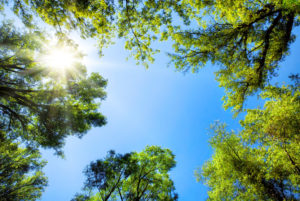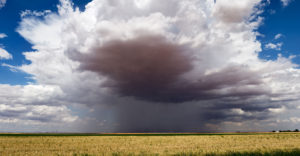Site Archive
How important is climate change to you personally?
This question is guaranteed to produce a wide range of opinions across America. The Yale Program on Climate Change Communication groups the American public into six audiences – alarmed, concerned, cautious, disengaged, doubtful and dismissive.
READ MOREPurdue-led group prepares state for life with changing climate By Brian Wallheimer This past November, Jeff Dukes and Jonathon Day took turns returning phone calls. Reporters…
READ MOREPurdue celebrates dedication of new animal sciences complex In March, Purdue formally dedicated its new 123,000 square-foot animal sciences complex, boosting the university’s commitment to…
READ MOREBy Emma Ea Ambrose No matter how you might feel about cold weather, who doesn’t dream of a white Christmas? Every December, forecasts abound on…
READ MOREBy Brian Wallheimer Farmers who have switched to no-till management practices are sequestering significant amounts of carbon in the soil. Those who haven’t already…
READ MORE Over the coming decades, higher temperatures, more extreme weather events and reduced air quality due to climate change in Indiana will likely pose significant…
READ MORE Indiana’s climate has grown wetter and warmer in recent decades and these trends will dramatically accelerate, with dozens of days each year exceeding 95…
READ MORE